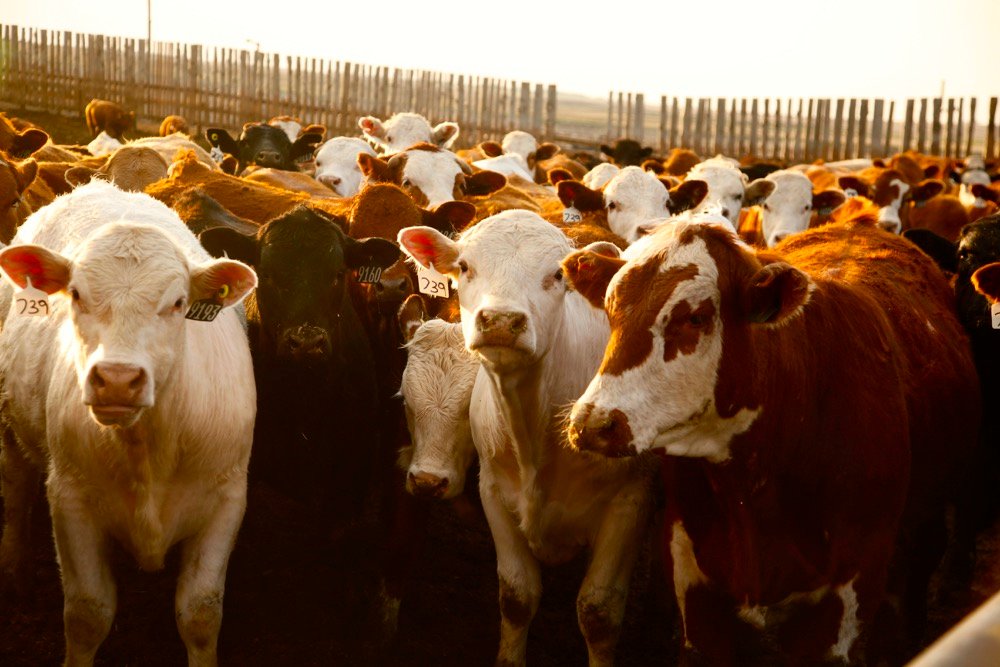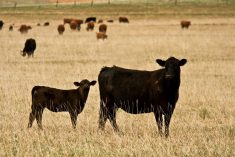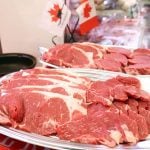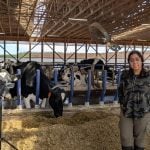Compared to last week, Western Canadian feeder cattle prices were $2 lower to $3 higher depending on the region. Many auction markets were in holiday mode last week and thinner volumes made the market harder to define. Generally speaking, the market was supported by stronger deferred live cattle futures and a slightly weaker Canadian dollar; on the flip side, barley and feed grain prices continue to percolate higher.
It’s coming to the point that feedlots are booking their feed grain requirements and then purchasing replacements accordingly. Feedlot margins continue to hover in red ink and there is still a fair amount of uncertainty when beef demand will resume some type of normalcy. Certain regions experienced a severe snowstorm but this didn’t appear to have much effect on the calf market. I didn’t hear of any values from Saskatchewan and Manitoba last week.
Read Also
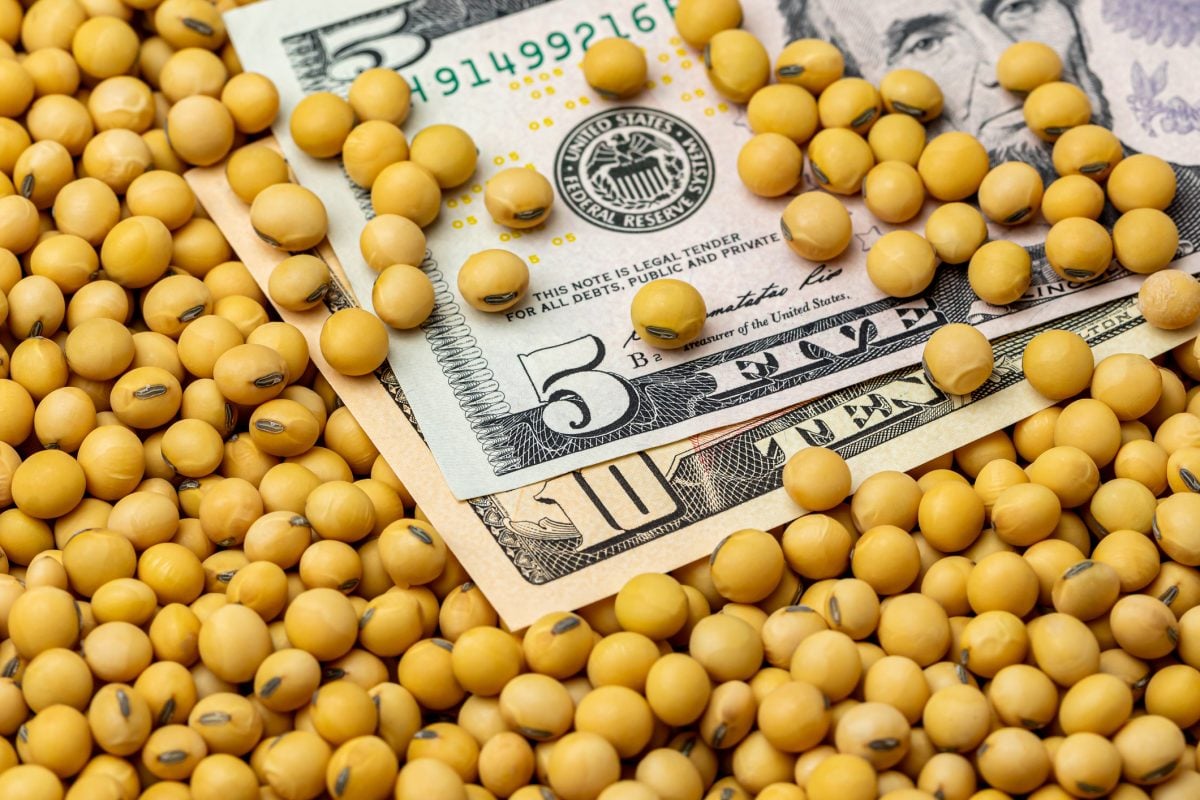
U.S. grains: Soybean futures hover near 15-month high after China buys U.S. cargoes
Chicago Board of Trade soybean futures hovered near a 15-month high on Wednesday after trade sources said China made its first purchases from the autumn U.S. harvest ahead of a summit between leaders Donald Trump and Xi Jinping.
Minimal yearlings were available last week. In Southern Alberta, Hereford based medium frame steers with heavier flesh levels weighing just over 1000 pounds were valued at $164 and a small group of mixed steers of similar quality weighing 875 pounds were quoted at $175. In Central Alberta, red mixed medium frame steers with medium flesh levels averaging 850 pounds were valued at $177 and similar quality mixed heifers averaging 860 pounds were quoted at $165. In the Lethbridge area, a smaller group of larger frame mixed heifers with variable flesh levels averaging 840 pounds were reported at $166.
Market reports suggested lighter calves under 550 pounds were trading near four-month highs. In Central Alberta, a small group of mixed steers on full health program averaging just under 500 pounds were quoted at $239 and similar quality mixed steers weighing 435 pounds were valued at $254. In the same region, black heifers with full health program averaging 495 pounds were quoted at $201. Mid weight calves experienced a mixed tone. In Southern Alberta, a small group of mixed steers averaging 670 pounds were quoted at $197 and mixed heifers 660 pounds were quoted at $177.
In the Lethbridge area, good quality bred heifers were trading in the range of $1800 to as high as $2400 and higher quality bred cows were selling from $1900 to as high as $2500. There appears to be strong demand for herd replacements. The cow calf producer reflects the longer term outlook.
— Jerry Klassen manages the Canadian office of Swiss-based grain trader GAP SA Grains and Produits Ltd. and is president and founder of Resilient Capital, specializing in proprietary commodity futures trading and market analysis. Jerry consults with feedlots on risk management and writes a weekly cattle market commentary. He can be reached at 204-504-8339 or via his website at ResilCapital.com.


